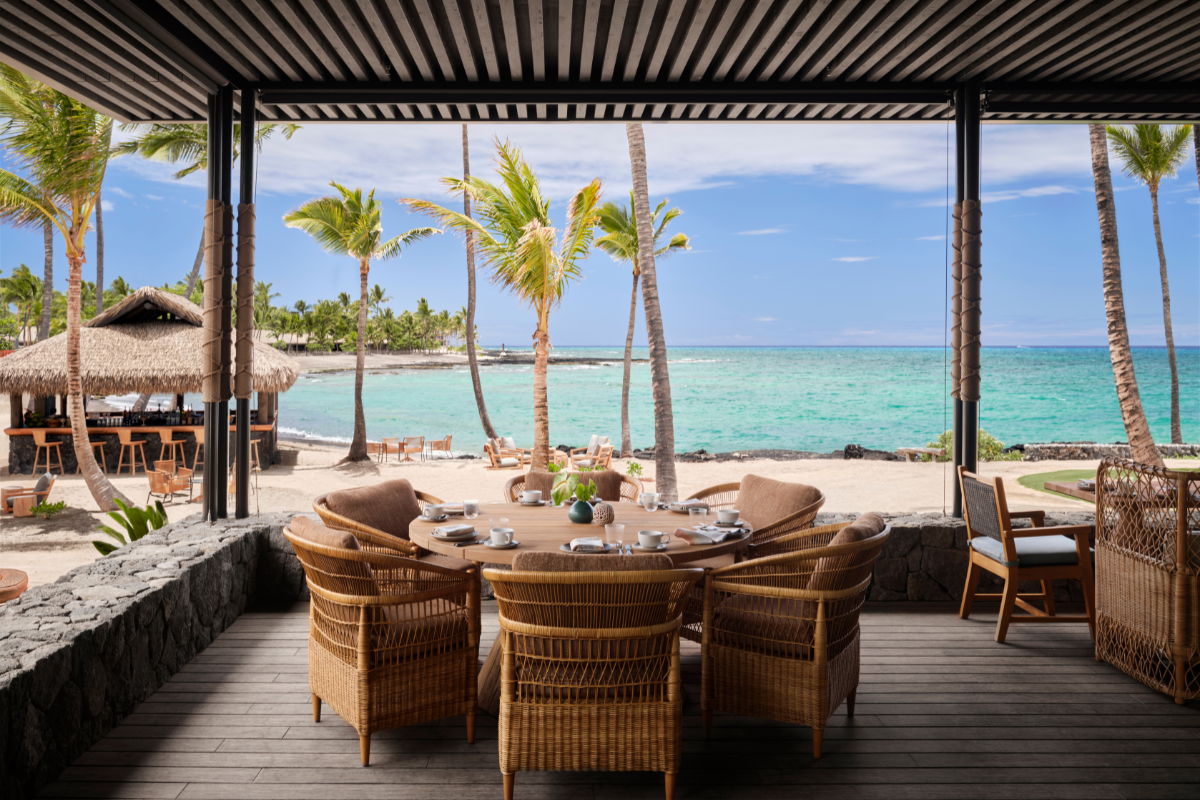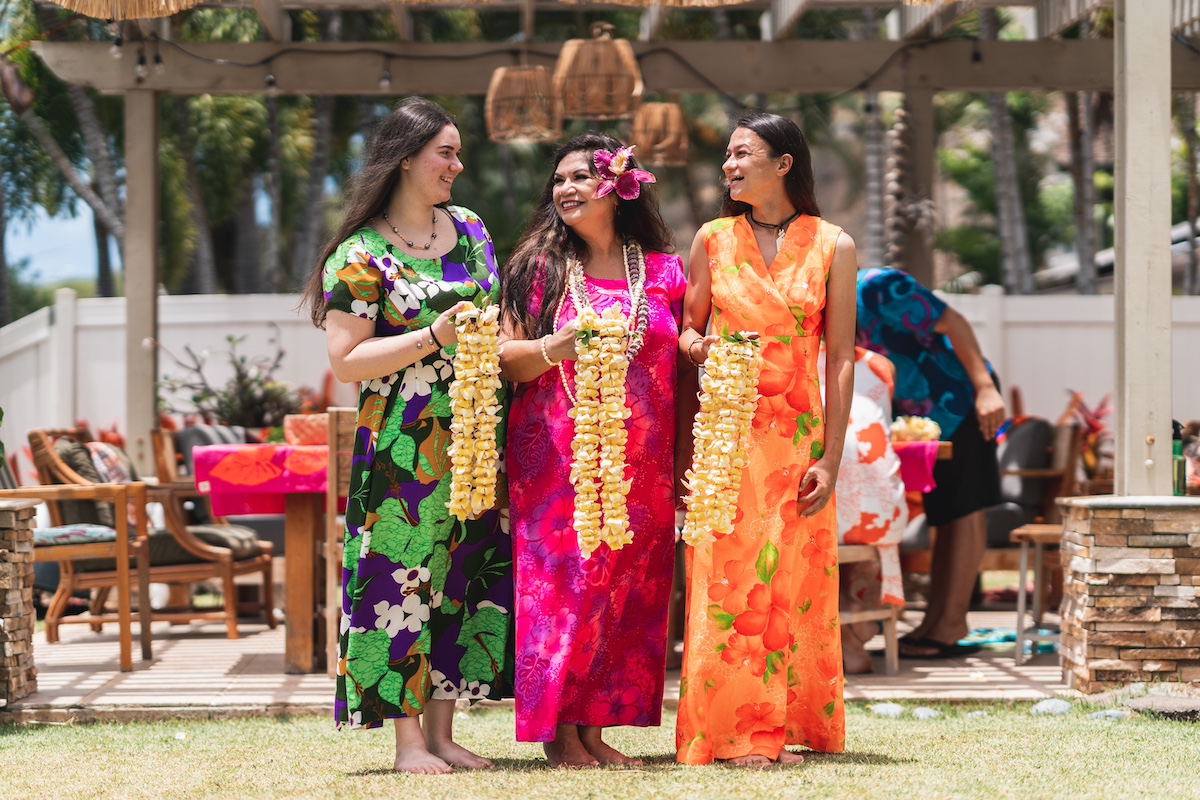
This Upscale Restaurant in Kailua-Kona Honors a Once-Thriving Fishing Village
It’s not at every hotel that, after mailing a coconut (yes, you read that right), you can hop on a...

It’s not at every hotel that, after mailing a coconut (yes, you read that right), you can hop on a...

For more than a decade, The Pig and The Lady has been sharing modern Vietnamese and Asian cuisine with locals...

*This story was originally published on Jan. 15, 2025, and updated in January 2026. The muʻumuʻu has come a long...

It took a few months before I finally realized that my new normal really wasn’t so normal. For much of...

*This story was originally published on Dec. 31, 2019. People worldwide are welcoming the new year with spectacular firework shows...

Kauaʻi is one of my favorite Hawaiian Islands to visit—and I’m not alone. The Garden Isle was voted the Best...

Every year we like to look back at the stories HAWAIʻI Magazine readers viewed and engaged with the most. From new restaurants in Lahaina,...

Hawaiʻi takes its firework shows seriously. On New Year’s Eve, beaches are lined with eager crowds waiting for midnight to...
*This story was originally published on Dec. 21, 2017. Much like Thanksgiving, Hawaiʻi does Christmas with its own twist. Sunshine...